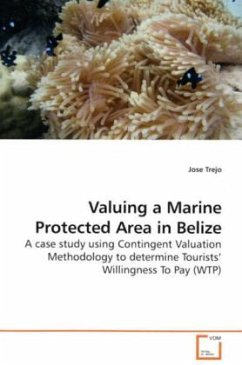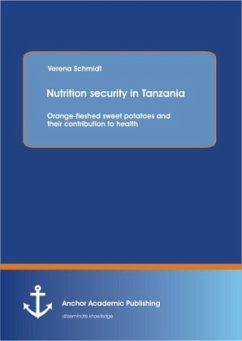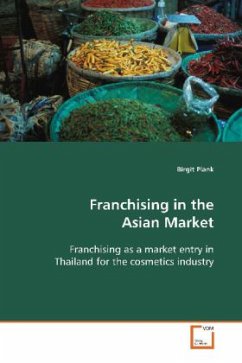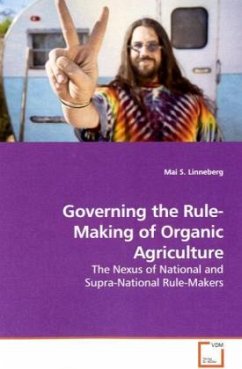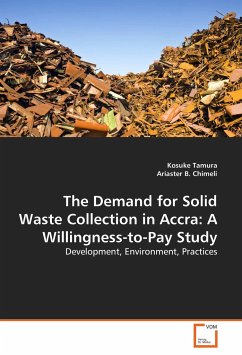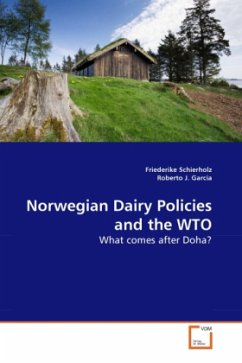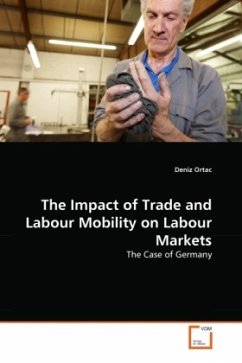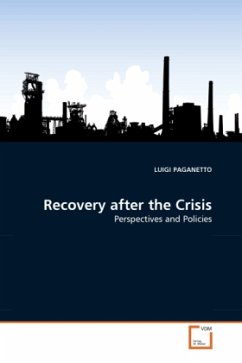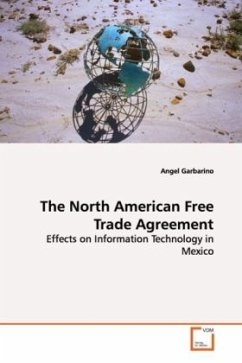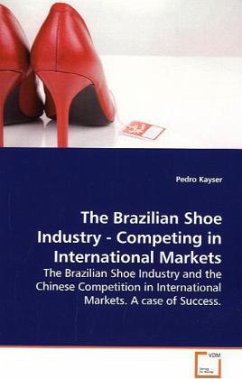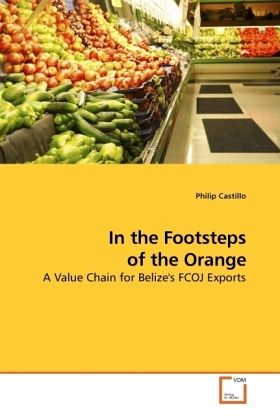
In the Footsteps of the Orange
A Value Chain for Belize's FCOJ Exports
Versandkostenfrei!
Versandfertig in 6-10 Tagen
52,99 €
inkl. MwSt.

PAYBACK Punkte
26 °P sammeln!
Value Chain studies have assumed a greater significance as developing countries seek innovative and sustainable ways of garnering a larger percentage of the value of their exports earnings. Belize is a Caribbean country in Central America that remains substantially dependent on agriculture for a sizeable portion of its foreign exchange earnings. Dominant among its agricultural exports is Frozen Concentrated Orange Juice, which is exported to Florida where it is blended and resold across the United States as chilled orange juice. This continuum, from harvesting and cultivation in southern Beliz...
Value Chain studies have assumed a greater significance as developing countries seek innovative and sustainable ways of garnering a larger percentage of the value of their exports earnings. Belize is a Caribbean country in Central America that remains substantially dependent on agriculture for a sizeable portion of its foreign exchange earnings. Dominant among its agricultural exports is Frozen Concentrated Orange Juice, which is exported to Florida where it is blended and resold across the United States as chilled orange juice. This continuum, from harvesting and cultivation in southern Belize to final consumption in the USA, generates revenue streams at various nodes of this value chain. The apportionment of these earnings, first between Belize and the USA and the subsequent distribution of earnings retained within Belize brings to the fore socio-economic and political consequences that are all explored in this study.



